For some, composting is a stinky mess that half-reformed hippies insist on building in “decent” neighborhoods. For others, it’s a mysterious, alchemical process that master gardeners alone comprehend.
Still others may think composting is a grand idea but are intimidated by the initial setup and assumed learning curve. And finally, some can admit composting is a nice thought, but unnecessary if a garden store’s prepackaged compost is available.

I’m here to tell you all that these ideas are wrong. Composting is easy, necessary, and will become second nature if you give it a chance. Let’s break down these myths and misconceptions once and for all.
Composting Is Hard

I don’t know how this idea sprang up or gained traction. Composting is an entirely natural process that happens — without human intervention — in every forest and field the world over. At its most basic level, composting is when fungi and bacteria break down formerly living material to its basic elements, allowing the nutrients and minerals to be recycled back to the environment. It’s a beautiful, economical process that literally keeps the world alive.
Composting in your backyard is, basically, creating a sped-up version of a forest floor that not only recycles garden and yard waste, but also reintegrates your food waste with the nutrient cycle rather than getting shuttled off to landfill oblivion. In other words, you don’t have to do much — the processes are already in place, naturally. Your job is to let things break down like they already want to do, but in a controlled environment (where you’re the referee).
Composting Is Stinky

The smell is probably one of the main reasons people don’t attempt to compost — the prevailing idea that a compost pile is a stinky, maggot-riddled, raccoon magnet. This can be true to a degree … if the compost is poorly managed. Slop together too many rich food scraps, too much moisture, and too little care, and your compost bin will end up with an odoriferous pile of rot that absolutely confirms every stereotype.
This description is absolutely NOT true of a well-managed compost system, however. The easiest way to avoid the stink is to turn the pile often enough to keep it from getting compacted, make sure you mix in plenty of dry, leafy material to compensate for any excess moisture, and you’ll see that compost can be easy on the nose indeed! If a compost pile becomes rancid, there’s a chance the unpleasant smell is just the reek of neglect and ignorance.
Composting Is Complicated

Some folks need numbers, measurements, and ratios in order to make sense of a composting process. As such, there are many gardening books that contain information on how to balance your “greens” and “browns.” Also, innovative ways to ensure a pile is aerated, and various inclusions you can mix in the potent pile to speed up or otherwise affect decomposition. There are some really neat methods to use composting with keyhole gardens or hügelkultur mounds, integrating natural resource reclamation with permaculture gardening.
If you’re a composting neophyte, it can seem like a complicated ordeal, which leads to the concern that it’s easy to mess up.
But it’s not, thankfully. Those formulas for compost are excellent guidelines, not absolute requirements. All you really need to get started is a place to put your composting materials (here are some DIY ideas), organic matter to compost, and a pitchfork for turning the pile. Keep an ample supply of dry straw, leaves, or shredded paper on hand if ever the pile looks too wet, and you’re already on your way.
Composting Is Only for Tree Huggers, Hippies, Liberals (People With Gardens)
Why is it that caring about your environment and being less wasteful is relegated to a stereotype for a certain demographic? Honestly, composting knows no lifestyle, political bent, or socioeconomic group. You can cite whatever excuse you want for why you are exempt from responsible land stewardship, but 98% of the time, they’re going to be invalid.
Whether you’re in the country, city, a high rise, or homestead, you eat food and you produce waste. Composting is a natural part of being human, though our ancestors didn’t need a ready-made, store-bought bin to do it. And once plastic and landfills became part of our human landscape, we started to disconnect from our place in the natural order of the world. We entombed food waste and other organic matter in bags, shipped it to elsewhere, shook our head at reports of pollution, then promptly forgot about it and bought fertilizer from the garden store. Composting is a step toward remembering how connected we used to be to the movement of energy from the sun, to plants, to us, and back to the soil.
Does that cast composting in too great a light? I don’t think so. Give it a try, return nutrition back to the soil, and see if you don’t end up agreeing.
And even if you don’t have a garden space of your own, there are services available that are willing to pick up food waste and convert it to compost at their facilities. While I dislike turning something that should be a home-based endeavor into a business that outsources personal responsibility — I recognize its relevance and benefit to those who don’t have a bit of land to call their own. When I worked in catering, we used a service like this to keep our inevitable organic waste out of the dumpster.
Composting Is Optional
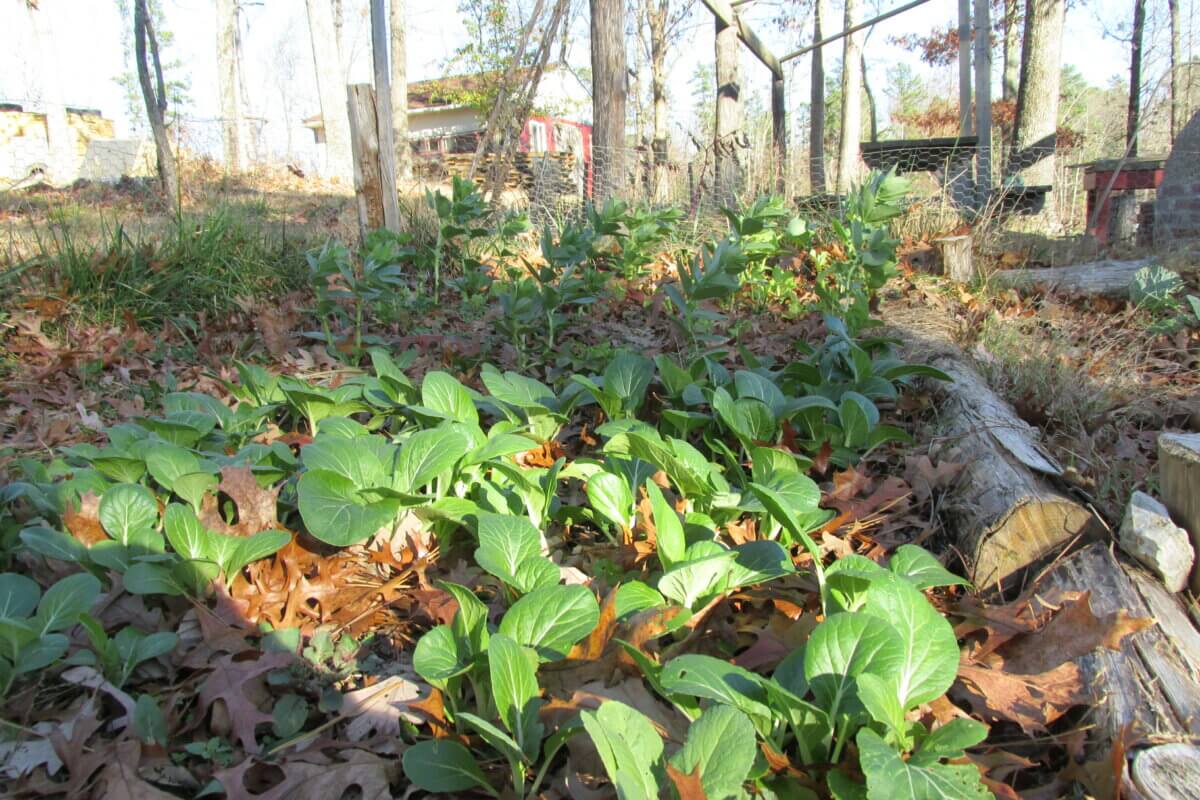
This is my strong opinion: If you’re a gardener, you must compost. It’s simple as that. Because of the design in our natural world, processes are already in place to ensure soil is replenished with the nutrients required for growing more plants. Humans can be agents of cooperation with those systems; composting our plant waste, food waste, and even personal waste to improve the land. Humans can also be disruptors of those systems, throwing away their food waste, bagging up and curbing lawn waste, buying chemical fertilizers, flushing away fertility, and generally depleting the natural goodness of the land. There really is no middle ground in that equation.
Excuses are easy to make, and you’ll find plenty of support for lazy decisions from others who seek to exonerate their choices. But to make an active choice to improve your land and your lifestyle — that takes effort, and it’s how we create change. So if you want better soil, less waste, and more responsible living, get a compost heap cooking, and start making your own garden fertilizer.
If you’re not sure where to start, we have lots more articles on soil building here on Insteading — plenty to keep you reading through the long winter months and get you ready for a vibrant, growth-filled spring. Check them out!



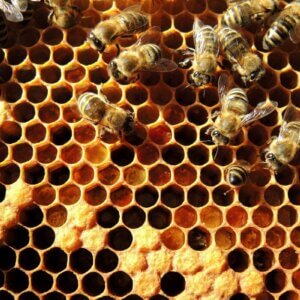
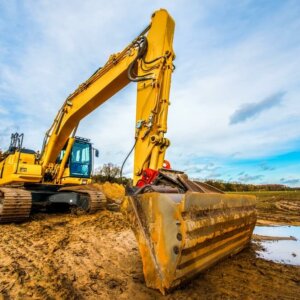
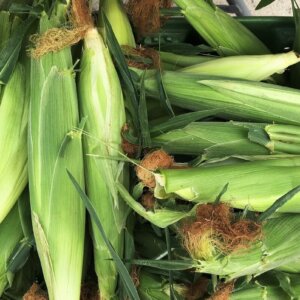

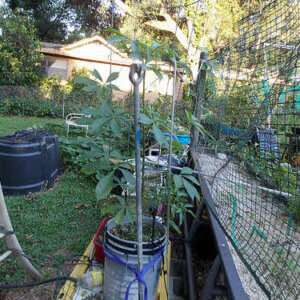
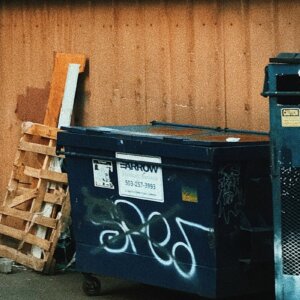

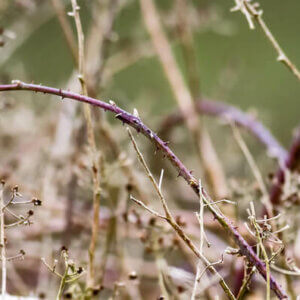
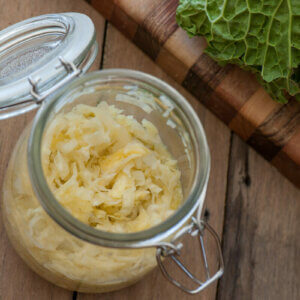
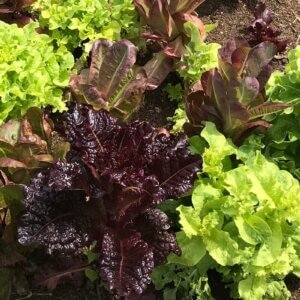
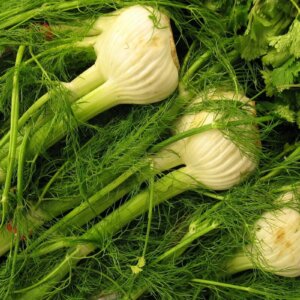
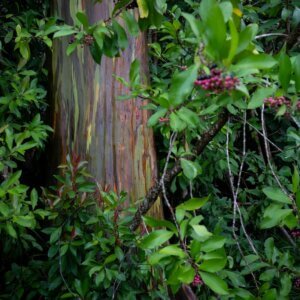
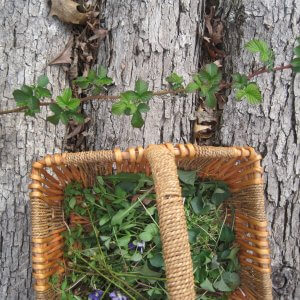
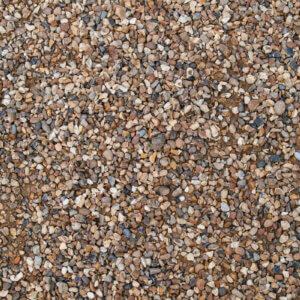
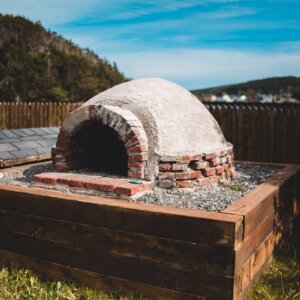
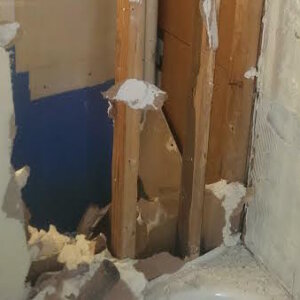
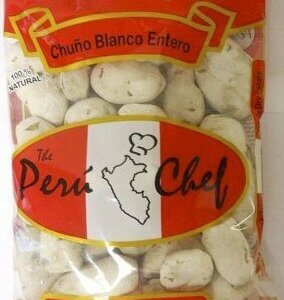
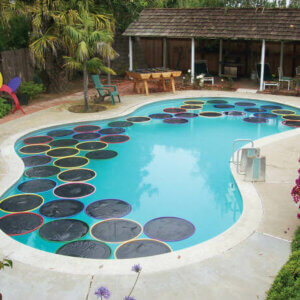
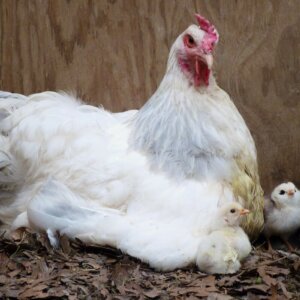
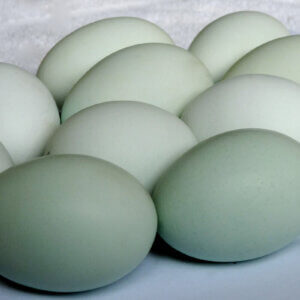

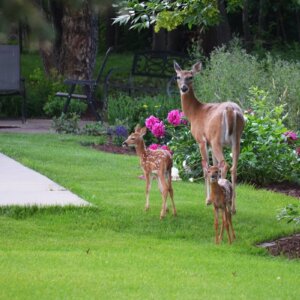


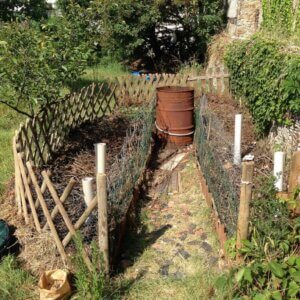
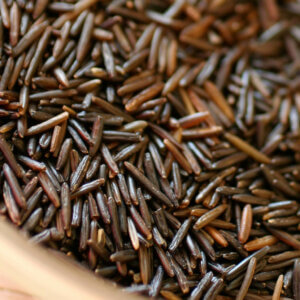
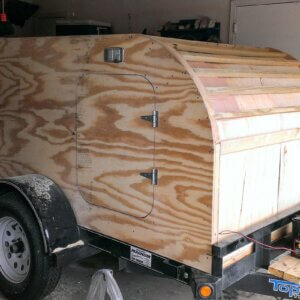
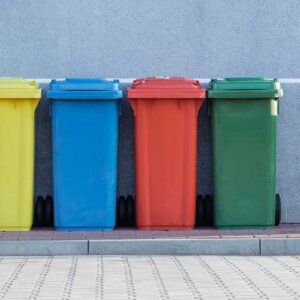
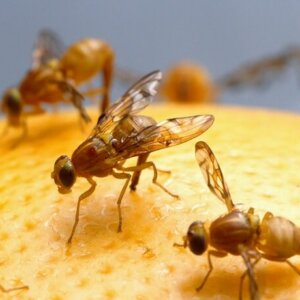
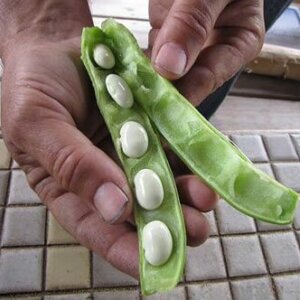
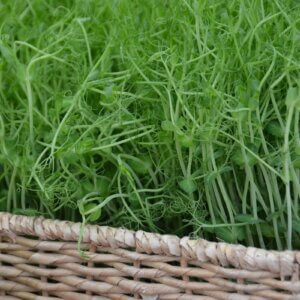

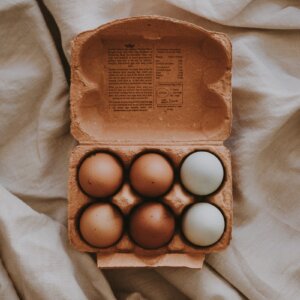

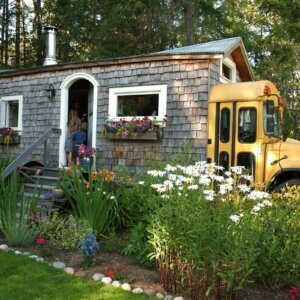

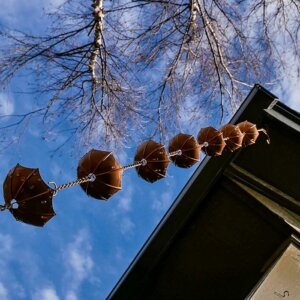
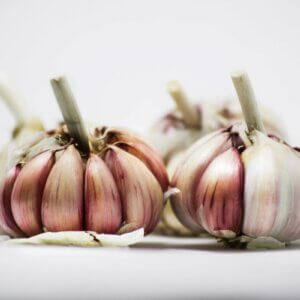
Yes! I appreciate your emphasis on responsibility and honesty regarding our true reasons for the choices we make. I also appreciate the perspective of acknowledging the overwhelming amount of precision some composing folks thrive on, while that can hamper another’s confidence in just doing it. I like the concept of “excellent guidelines, not absolute requirements”. Well written article and great perspective.